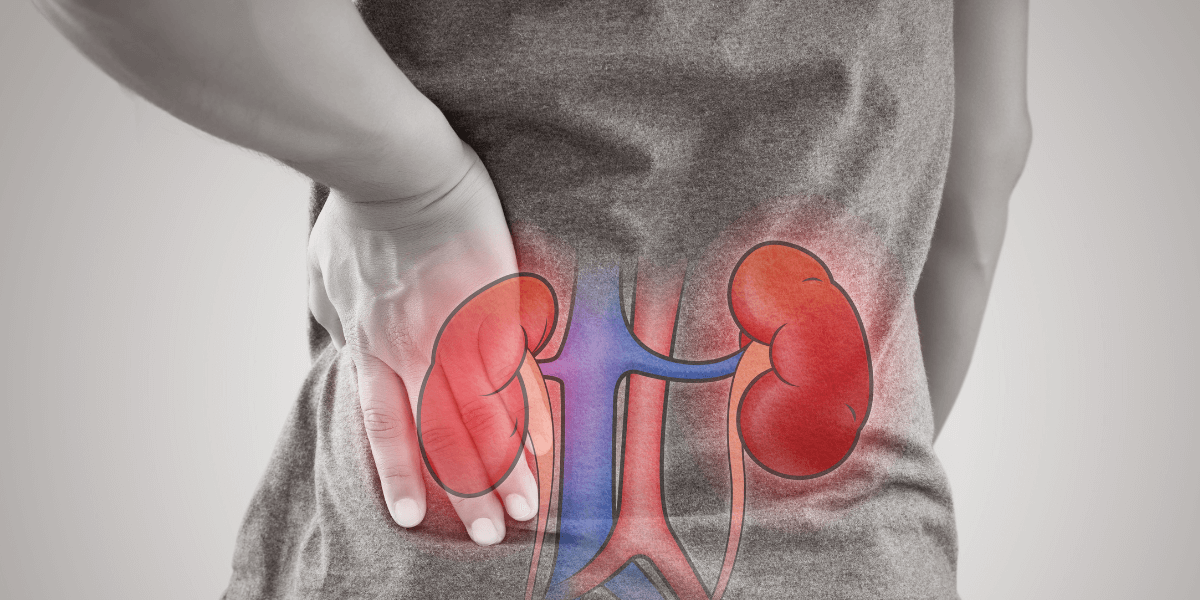


A kidney transplant is an operation that replaces a person's failing kidneys with a healthy kidney from a living or deceased donor. When your kidneys fail, you'll require treatment to compensate for the work that your own kidneys can no longer do. Dialysis or transplant are the two options for renal failure treatment.
When the kidneys lose their ability to filter, hazardous quantities of fluid and waste build up in the body, which raises blood pressure and leads to kidney failure. Kidney failure is also known as end-stage renal disease.
End-stage renal disease is caused by a variety of factors, such as:
See Also: What Should You Know About Polycystic Kidney Disease?
At Kidney Physicians of Indiana, a team of health care specialists with expertise in various medical specialties works together to guarantee you a successful kidney transplant.
If kidney damage advances gradually, signs and symptoms of the chronic renal disease appear over time. Loss of kidney function can lead depending on how serious it is:
Dialysis (hemodialysis or peritoneal dialysis) and kidney transplantation are the two available treatments for kidney failure.
See Also: What Are the Types and Causes of Kidney Disease?
Wastes and surplus fluid are removed from your blood during hemodialysis treatment; treatment can take place at at-home or in-clinic dialysis facilities. The blood is pumped through flexible tubes to a dialysis machine during hemodialysis, passing through a unique filter known as a dialyzer (also called an artificial kidney).
Blood is cleaned within, not externally, during peritoneal dialysis (PD). The peritoneum, which lines your abdomen, functions as a natural filter. Through a flexible tube known as a PD catheter, a cleansing solution enters your abdomen (your belly). Your blood passes wastes and surplus fluid into the cleansing solution. It is possible to perform peritoneal dialysis at home, at work, school, or even while traveling. Peritoneal dialysis might be more adaptable as a result of this.
A healthy kidney from someone else is surgically implanted into your body during a kidney transplant. The deceased donor or a living donor, who can be a close relative, spouse, or friend, may provide the kidney. Even someone who wants to give a kidney to someone who needs a transplant could do it. A kidney transplant is a form of treatment, not a cure. Therefore, it's crucial to manage the new kidney with the same level of care as the one you had before the transplant.
Consult your nephrologist to learn which treatment plan is best for you.
Kidneys are an important organ of our body, and it’s our duty to take care of them and protect them from any damage. However, in case our kidneys get damaged and stop functioning properly, there are ways to cure the issue. A kidney transplant is one of the treatment options, and you should consider it when consulting with your doctor.
If you want to know more about kidney diseases and kidney transplants, contact us today. At Kidney Physicians Indiana, our focus is on the care and treatment of patients with kidney diseases. Our board-certified nephrology physicians specialize in the diagnosis and treatment of kidney disease. Visit us at our clinic if you, or someone you know, is facing any kidney-related issues or symptoms of kidney disease.